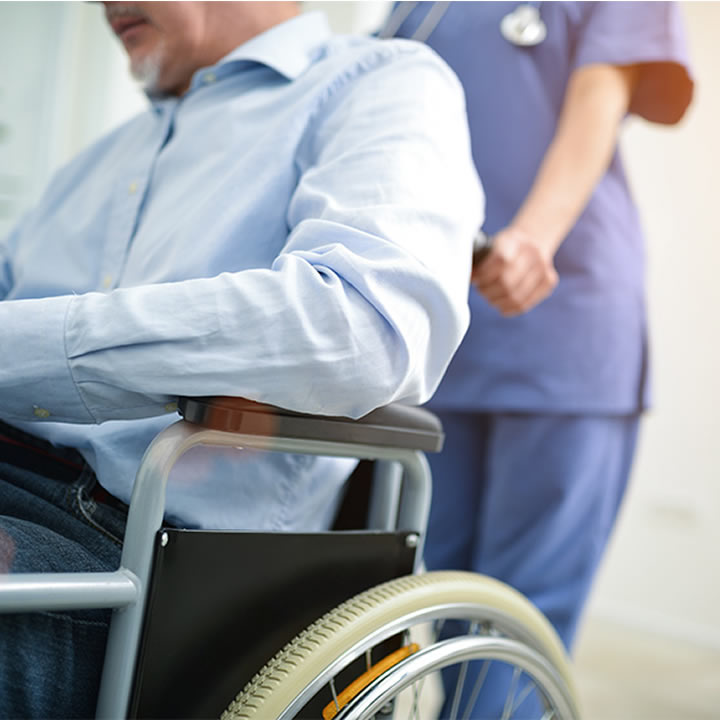Preparing yourself
It is possible to jump into the deep end and tackle your first night shift without preparing, but you will be exhausted by morning. Working in the healthcare industry is tiring.
You should try to get as much sleep as possible before the start of your shift, but many people have a hard time sleeping during the day. It is something that you have to adjust, but the good thing is you can achieve it quickly.
It is common practice to start this transition a day or two before your night shift. Giving yourself extra time allows you to train your body and mind to get used to the new sleep pattern before you get started with your night shift.
You are going to be well-rested and you will have an easier time staying awake through your shift. If you have the luxury to do this, then it is a great way of minimizing burnout before you are done with your shift.
Don’t drink energy drinks
Most of us turn to caffeinated drinks like coffee and tea for quick bursts of energy. There is a lot of options when it comes to energy drinks, which can seem like a good way to stay awake. It is not a good idea to stock up energy drinks before your night shift. This is not good for you or your health.
They have a lot of caffeine and sugar, and they can become addictive to a point where you need them to perform properly. You will have a hard time working if you don’t drink the energy drink. When you consume them in high amounts, they will start affecting your health because of their negative side effects.
They have a lot of calories and can cause weight gain. You might feel energized after drinking them, but your energy levels are going to crash after a few hours. You will feel even more tired and dehydrated than before.
The last thing you want is to get headaches and feeling groggy the rest of your shift. Just drink plenty of water and moderate amounts of coffee or tea to get you through the night. Caffeine is going to remain in your system for five to ten hours after you drink it, so make sure you plan well if you are at the end of your shift and planning to sleep as soon as you are done.
Taking healthy food with you
When working the night shift, it is important for your body and mind to have the right kind of fuel to power through your shift. You have to make healthier food choices.
Veggies, fruits, and slow-releasing energy foods like proteins (fish, meat, oats), ordinary carbs, and grains are good for managing healthy energy levels for a long period of time. Most workplaces have ‘meal deal’ foods and vending machine snacks because they are tasty and convenient, there are a lot of downsides to eating them.
Snacks that contain refined carbohydrates like cakes, biscuits, white pasta, white rice, sweetened cereal, pastries, white bread, and fizzy drinks are not good for your body because they don’t have nutritional benefits.
They don’t have a lot of fiber and can lead to weight gain. You are going to feel hungrier because it causes a spike in blood sugar levels. Salty foods like chips can contribute to headaches and dehydration.
You need to make changes to your diet. Switch to wholemeal bread, wholegrain pasta, and wholegrain rice because they are rich in fiber, minerals, vitamins, antioxidants, proteins, and plant compounds.
These foods are going to keep you healthy and alert. You can also save money in the long run by choosing berries, fruits, seeds, nuts, and vegetables instead of junk food.
Getting fresh air
Stretch your legs by going outside and take a walk, when possible, most likely during your break. Getting fresh air and deep breathing will increase your blood oxygen levels, which makes you refreshed and more alert.
Breathing is not something people focus on when working – and this is why you can start feeling fatigued after remaining indoors for a long time even if you haven’t been doing anything strenuous. When you go outside, you are going to step away from what you are doing and bring down your stress level.
If you have to remain inside, ensure your space is properly ventilated. Open the doors and windows. A warm and stuffy environment can make you feel drowsy, especially when in a quitter period.
Staying active
You are going to be on your feet for hours without having the chance to sit down. The night shift doesn’t mean things are going to be easier. If you have a moment of rest, it is also the time when your adrenaline starts decreasing. Performing simple exercises like stretching and staying productive while you power through so you don’t lose your momentum.

